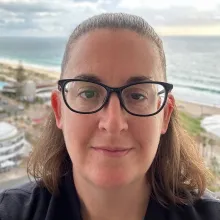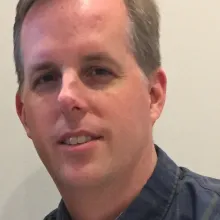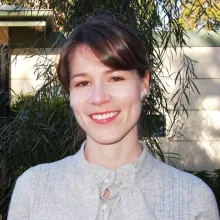Disclosing suicidal ideation
Disclosing suicidal ideation
Project status
Content navigation
About
Disclosing suicidal ideation or sharing one’s thoughts of suicide with another person is crucial to seeking help and preventing suicide. We are interested in understanding more about the experience of disclosure through online interviews. Findings will be used to help develop an instrument measuring how people respond to disclosures of suicidal thoughts. We hope to better understand helpful and unhelpful responses in order to help educate people and improve future reactions to disclosure. We anticipate that this could assist in encouraging more open discussion around suicidal thoughts and the perceived helpfulness of sharing them with others.
We are looking for individuals who have experienced disclosing their suicidal thoughts to another person for interviews lasting around one hour.
Does this study have ethics approval?
The ethical aspects of this research have been approved by the ANU Human Research Ethics Committee. If you have any concerns or complaints about how this research has been conducted, please contact:
Ethics Manager, The ANU Human Research Ethics Committee
The Australian National University
Telephone: +61 2 6125 3427
Email: Human.Ethics.Officer@anu.edu.au
How can I obtain information about the results of the study?
A summary of findings will be posted here on the study website after the interviews are conducted and analysis is completed.
Why should I participate in this study?
We hope that this interview will give you the opportunity to share your story and discuss your reflections on a topic that is important to you.
This study can inform intervention and strategies for suicide prevention, educating community members, assisting family and friends in supporting their significant others, preparing individuals for disclosure and processing reactions to disclosure. The broader project may enable us to provide information to those with lived experiences of suicidality, service providers, researchers, health organizations, and mental health advocates about when disclosure is helpful or harmful and how responses and outcomes of disclosure can be improved. It can help in making guidelines for the disclosures of suicidal ideation.
What should I do if I am feeling distressed?
Please advise the interviewer if you feel distressed at any time during the interview. In case of distress due to the interview, an on-call registered psychologist will be available during the interview and immediately after for debriefing, if needed
A number of resources outlined below might provide additional support. If you need urgent medical help, please call an ambulance on 000 (or 112 from a mobile phone).
24/7 Crisis Support Lines
Lifeline Australia: 13 11 14, www.lifeline.org.au
Suicide Call-Back Service: 1300 659 467, www.suicidecallbackservice.org.au
Kids Helpline (under 25yrs): 1800 55 1800, https://kidshelpline.com.au/teens/
Other Services
Beyondblue Support Service (24/7): 1300 22 4636, www.beyondblue.org.au
SANE Helpline (9am to 5pm): 1800 187 263, www.sane.org
Mensline (24/7): 130078 99 78, http://www.mensline.org.au
eMHprac for online mental health resources: http://www.emhprac.org.au
Who is running the study?
Primary Investigator
Isabelle Yujuico
Isabelle.yujuico@anu.edu.au
Supervisor
Associate Professor Alison Calear
Centre for Mental Health Research
The Australian National University
alison.calear@anu.edu.au




